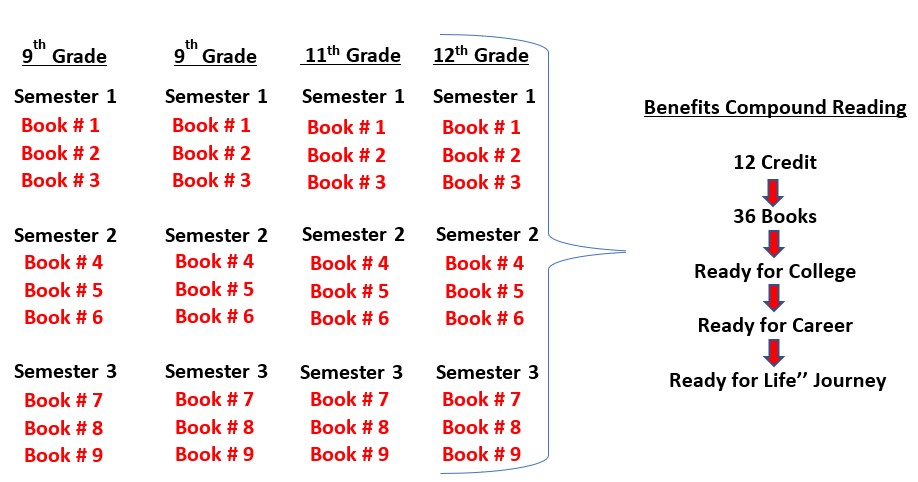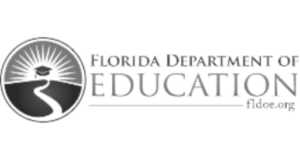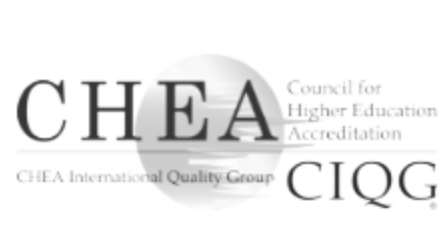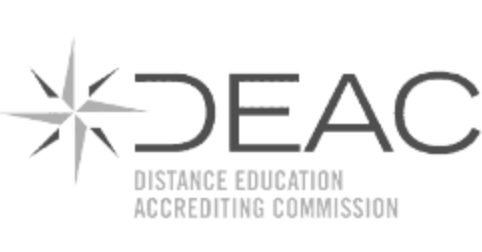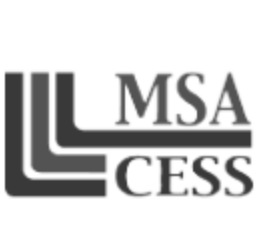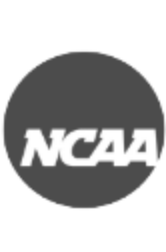“A man who does not read has no advantage
over the man who cannot read.” —Mark Twain
Often, we say that education is an investment in our future. The more you learn, the brighter the future becomes, and the more options become available to the student. I like to think of the power of reading as the same as the power of saving money. In both, you earn a benefit. With saving money it’s called compound interest, with reading I call it “compound benefits.” With reading, as with money, the benefits add up over time, building a different kind of wealth—one that cannot be taken away.
It’s called the “principle of compounding.” It’s at the core of our Directed Reading Program. When applied to reading, the compound benefits are unlimited. Compounding is a strategy that makes your reading work for you, and not just for today but for your entire life. It’s a powerful tool that can cost absolutely nothing but be priceless in the long run. Reading material—books, magazines, blogs, websites—are easy to come by and can be found just about anywhere in the digital world. No matter what your goal might be, you can use the power of compound reading to help you to reach it. After high school, getting into college, starting a career, or just creating the best you that can be is all possible if you prepare carefully and thoroughly.
Simply put, you gain multiple benefits from your continual reading. You can gain a multitude of mastery skills to support the many opportunities and challenges you will have after graduating from high school. The more variety and depth of knowledge you have, the more options are open to you.
As a comparison, if you are a single-sport athlete, you have a certain set of skills. You might be a great baseball player or soccer player—and that may be enough—but focusing on one set of skills effectively limits your options. That’s why college coaches like to recruit multi-sport athletes. When a student athlete trains in a variety of ways, enabling him or her to play a range of positions in more than one sport, some amazing things happen. First, rather than diluting skills by using them over multiple disciplines, athletes’ skills actually become stronger with varied use. Second, different sports have different requirements for strategy, tactics, movement. Mastering them all broadens the body’s capabilities. Third, when focused on only one activity after preparing with many, athletes can function better and with less effort.
The same goes for a brain in a broad-based reading program. Compound reading arms you with a set of “mastery skills” that you can use after high school and during life to increase your opportunities for success by increasing your capacity to comprehend, analyze, and communicate about complex situations.

But first, you have to build and improve your mastery skills to receive the benefits.
The Mystery of Mastery: Compound Reading
One of the biggest benefits from compound reading is the understanding of the value of time. As you progress, you start to see the benefits that a reading program starts to generate.
In sports, some say that the greatest athletes are born with a gift or some inherent genius for the game that they play. In reality, athletes start with the same basic skills as everyone else, find what they like to do, and then train every day, year after year, to reach a level of mastery in their sport. The mystery of an athlete’s mastery is simply dedicated effort that builds and compounds on their basic athletic ability.
For any skill set, mastery comes through commitment and consistency. You do not become a skilled athlete, musician, fine artist, or any other skilled professional if you do not dedicate time to engage in what you want to master on a regular basis.
The majority of us have a basic skill called reading. Of course, it’s not a natural skill—we learn to read in elementary school—but think of that basic reading level as comparable to a basic athletic ability.
At some point in all of our early lives, we went from learning to read to reading to learn. Just like athletes, we must build on this basic skillset to gain mastery—or a set of masteries—for success after high school.
Just remember, it is all up to you: no one has to give us permission to read. It’s there, it’s free, and it’s the key to becoming an expert or achieving mastery in any area you choose.
It should be stated that there’s also not one “right” or “wrong” form of reading. Works of fiction can convey truths in an emotionally engaging way that textbooks may not be able to. Conversely, if you prefer straightforward information and facts, something like a nonfiction history or science book is also readily available.
Three Book Rule for High School Students
Read 3 books in 4 months and earn 1 credit. As a lifelong educator, I have determined that this equation is not only fair—it is the standard amount of work (rigor) required in most public and private high schools in the United States—but it forms the core of the reading program I developed for my school. Each book or the equivalent series of magazine articles, research time, or documentaries on one focused topic should equal between 250 and 300 pages and take about 20 to 25 hours of reading effort to finish.
Brian Tracy, a top personal success authority, states: “If you read only one book per month, that will put you into the top 1% of income earners in our society.” As a sidebar, Bill Gates, among the richest men in the world, reads one book every week.
Pick the best 9 books to read each year
The below image shows a visual illustration of the compound reading journey, spanning from 9th to 12th grade. Each semester, students are encouraged to tackle 3 different books. Once you reach the end of senior year, you will have read an impressive 36 books!
It’s important to note that with compound reading, it’s not just about quantity. The true essence lies in the compounded benefits of this reading journey.
As students progress, they don’t just earn academic credits; they prepare themselves holistically. By 12th grade, they’re not only geared up for college but are also equipped with the insights and knowledge to kickstart their careers and navigate the broader journey of life. Think of it as a literary roadmap to becoming well-rounded individuals!
Compounding Benefits in a High School Reading Program
Reading Advantage in College Admissions
- College requires strong reading skills. A high school reading program improves reading skills, communication skills, expanded vocabulary, stronger memory skills and helps to organize thoughts, develop arguments, as well as, articulating ideas, better grades and less stress.
- Both ACT, SAT and AP challenge reading skills. No amount of test prep will make you a good reader. Only extensive reading will expand your vocabulary, increase your reading skills in comprehension, speed, and interpretation.
- College Admissions will ask about your reading habits. All colleges have their own version of the question, “List some of the titles of the books you have read for pleasure or interest in the past few years.” So, mix your reading up. Read best books or interesting articles and magazines and focus some of your reading on your potential career and/or academic interests.
- The College Interview. If you are applying to a college that requires an in-person or zoom interview you will be asked the “reading question” in some form. They will not be impressed if you fumble in this area or try to fake it.

Reading Advantage for Entering a Career
- Entering a career requires more than just completing a set of courses in high school. Deep reading in a career field gives you exposure to new vocabulary, new ideas and to be more informed in the career area of your interest.
- Deep reading can help bridge the gap on some of the essential career skills lacking in young workers.
- Critical Thinking: When you read for understanding you improve your critical thinking. Reading for understanding requires you to know what you are looking for before you start reading the book. Ask yourself questions while you read. Reading should make you think.
- Decision Making: Deep reading allows you to explore other ideas, thoughts, opinions and helps with your decision makeing. To illustrate: Mark Twain had a cat that jumped on a hot stove and made the decision, “I will never do that again.” But does the cat know that stoves come in different sizes, shapes, colors? Does the cat know the difference between a hot stove and a cold stove? Does the cat know that a really cold stove can feel hot when you jump on it? Does the cat know that sometimes you have to jump on a hot stove to get where you want to go? No! The cat’s decision making is limited but if the cat could read, he could improve his stove understanding and future decision makin.
- Lack of Initiative, Organizing, Persistence, Problem Solving. All of these essential skills are compound benefits from directed reading. Besides the reading content that can be gained by reading about each of these specific skills, it takes initiative, organizing, persistence and problem solving to set up and complete a high school-directed reading program.
Personal Benefits of Compound Reading
Cognitive Development: One of the most immediate benefits of compound reading is the boost it gives to our cognitive faculties. As you dive into diverse literary worlds, you naturally hone their critical thinking abilities. This means you’re better equipped to analyze, understand, and even question the content presented to you.
Beyond this, your comprehension skills are sharpened. You’ll start to pick up nuances in text, understand subtexts, and even discern the motivations of characters or the underlying themes of non-fiction pieces. This continuous exposure to complex narratives and information-rich content plays a pivotal role in enhancing your analytical skills, setting you for academic success and informed decision-making in everyday life.
Exposure to Diverse Perspectives: Books are magical gateways to different worlds, timelines, and cultures. Through compound reading, you are not just consuming stories but are traveling across continents, through time, and into the minds of people from varied backgrounds.
This exposure is invaluable in today’s globalized world. It broadens your horizons and instills an appreciation for diverse cultures and viewpoints. It teaches you that there’s no singular ‘right’ way of looking at things and helps you become more open-minded and accepting of differences.
Personal Growth: Beyond the academic and cognitive benefits, compound reading significantly contributes to personal growth. Literature, be it fiction or non-fiction, often delves deep into the human psyche, exploring emotions, challenges, and the very essence of existence.
As students relate to characters or learn from real-life anecdotes, they build empathy. You’ll learn more about and understand the struggles of others. Through these literary journeys, you can also pick up on various life skills, from conflict resolution to understanding complex emotions.
A college or career-bound high school program should include a set of core courses and electives. How you arrange these core and elective courses should be dependent on your after high school end game—college or career.
How different would high school feel if you could study your passion and follow your dreams? You can do this with a tailored directed reading program.
Let me conclude with some of my favorite quotes that I picked up along the way from some of my readings. These quotes are still inspirational to me every day and I hope they can do the same for you.
Happy Reading!
If you want to see how you can earn accredited high school credit just for reading, take a look at our Directed Reading Program page.
“A book is a dream you hold in your hands” — Neil Gaiman
“A reader lives a thousand lives before he dies…The man who never reads lives only one” –George R.R. Martin
“Reading is essential for those who seek to rise above the ordinary” –Jim Rohn
“We cannot always build a future for our youth, but we can always build our youth for the future” –Franklin D. Roosevelt

Jim Etter
Chief Executive Officer

